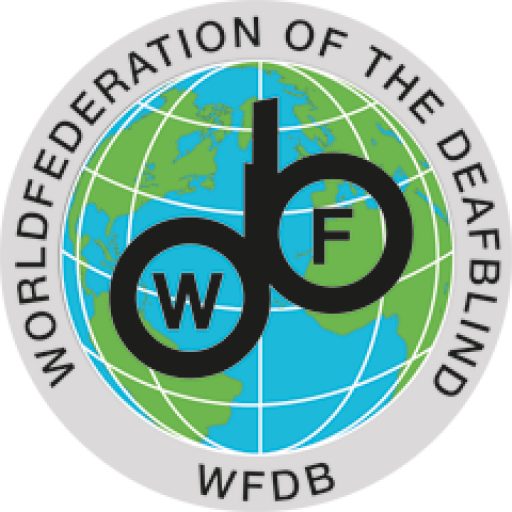
The information on this page is available in an Easy to Read format.
Click here to download the Easy to Read PDF document
WFDB is a global non-governmental advocacy organization by and for persons with deafblindness, aiming to improve the quality of life and protect the rights of this distinct disability group.
WFDB was established in 2001 and consists today of 75 national and associated member organizations from 67 different countries from all corners of the world.
Relationships have been established with The World Blind Union (WBU), The World Federation of the Deaf (WFD), Deafblind International (DbI) and The World Association of Sign Language Interpreters (WASLI).
In 2007 the organization attained consultative status at the UN Economic and Social Council (ECOSOC) and is a member of the International Disability Alliance (IDA) where the WFDB President serves as a member of the board.
During its existence the WFDB has attained acknowledgement and recognition as the unified and legitimate world-wide representative and voice of persons with deafblindness.
Until late 2019, the WFDB did not have a secretariat. All work was done by the EC members with more or less voluntary assistance from available helpers. This has made the job even more challenging and time-consuming than it should be. Our progress was slow, as it often is for underrepresented groups of persons with disabilities.
However, since early 2020 the WFDB has had 1 full-time staff member supporting the organisation on various projects as well as acting as a secretariat for the WFDB President. This position was funded through various schemes provided by institutional donors connected to specific programmes, predominantly in the Global South. As a long-term objective, in addition to advocacy-related work, the WFDB is now working on securing core grants to establish a permanent secretariat.
Our Presidents
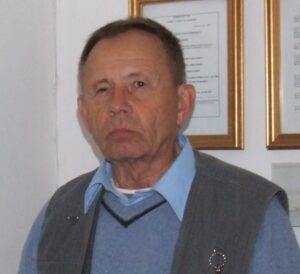
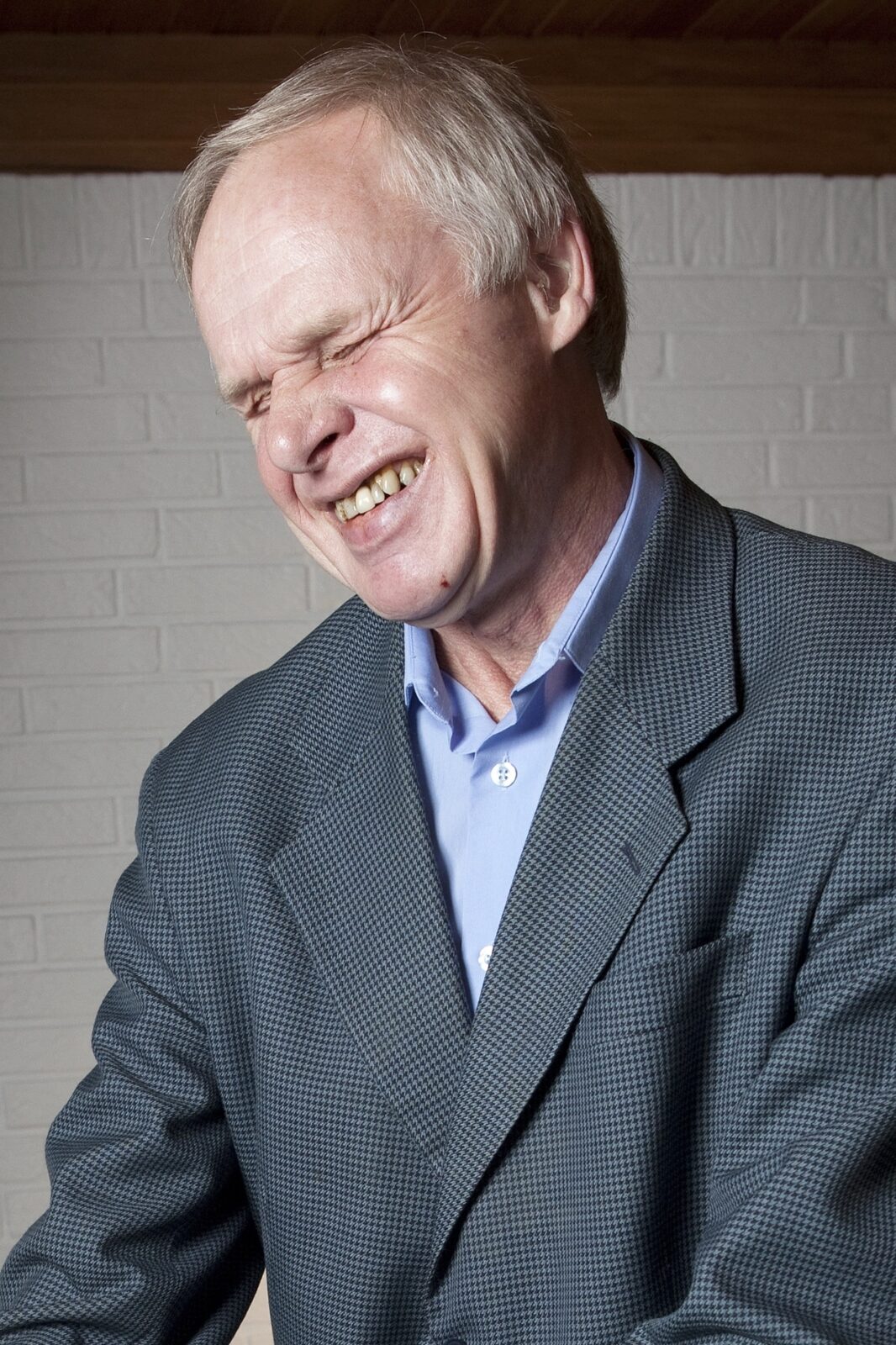
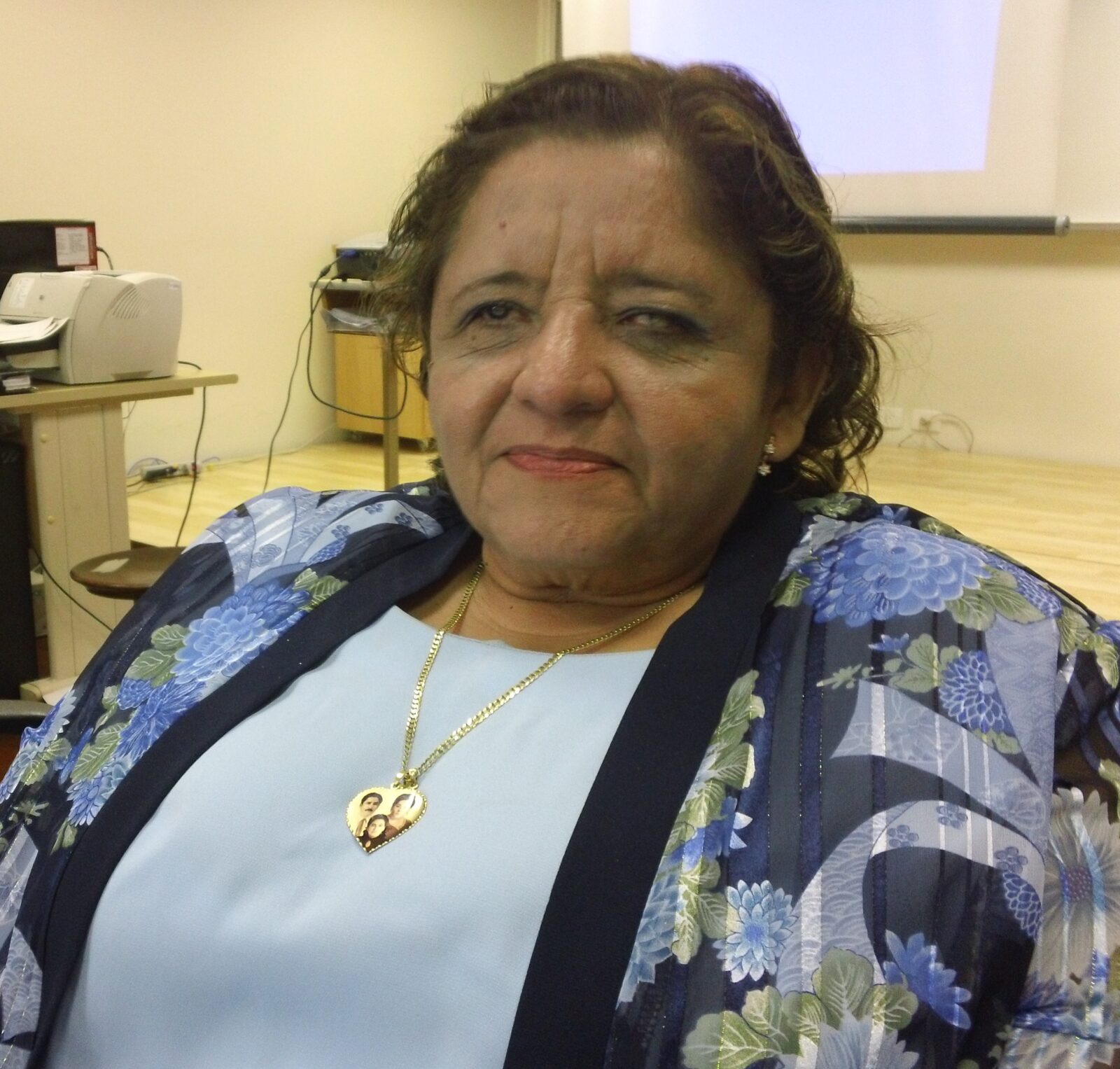
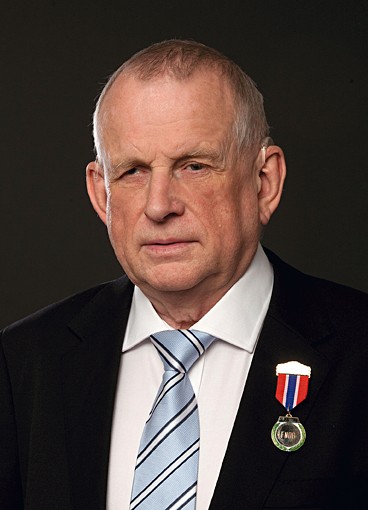
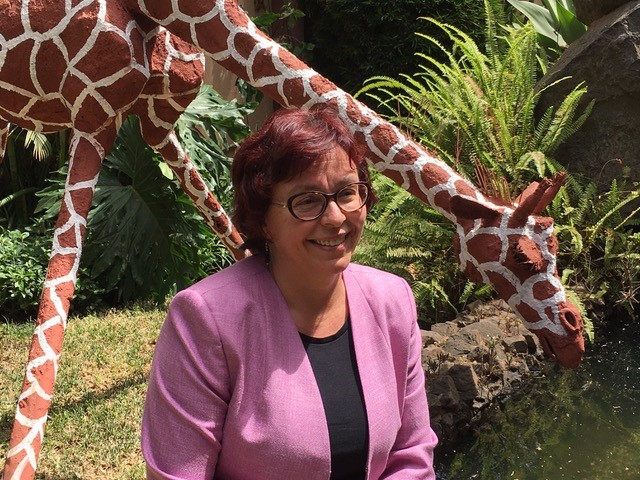
Sanja Tarczay (2022-Present)
WFDB aims to improve the quality of life of persons with deafblindness worldwide, with the objective of achieving their equal rights and equal opportunities in all areas of society, to be a worldwide forum for the exchange of knowledge and experiences in the area of deafblindness, and to increase international solidarity among organisations of persons with deafblindness.
The organization is governed by an Executive Council (EC) made up of 5 deafblind members: The President, The Vice President, and 3 EC members. There is also 1 representative per region: Africa, Asia, Europe, Latin America, North America and The Pacific (6 in total). There are also 2 auditors and 3 Members of the Election Committee. You can read here who they are.
Deafblindness, a dual sensory (sight and hearing) impairment, with a consequential loss of the ability to communicate with the surroundings without assistance, and the mobility to move freely around without assistance, puts people in isolation. Deafblindness excludes people suffering from it from society, from interaction with others. Consequences that more than often leads to both physical and mental challenges in day to day life.
Only a few countries provide appropriate services to include persons with deafblindness in society today. Services like interpreter-guide services funded by the public.
Among our objectives in our effort to combat this, and advocate towards appropriate service for persons with deafblindness is having deafblindness and the causes of deafblindness included in the World Health Organization (WHO) International Classification Lists for Functioning and diseases.
These lists make the foundation for data gathered, most actions taken, and services provided for persons with disabilities by both governments and support organizations. If deafblindness, and the causes, are not defined on these lists statistics will not be correct, and persons with deafblindness will seem invisible in the big picture.
We work continuously to make persons with deafblindness visible in all areas of our advocacy work, also towards the UN and state parties through our participation in IDA.
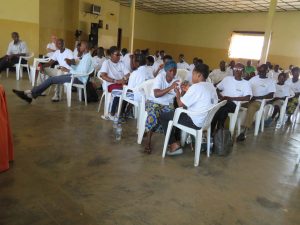
On regional level we have a strong connection, and cooperate actively with The European Deafblind Union (EDbU), The African Federation of the Deafblind (AFDB), The Latin American Federation of Deafblind people (FLASC) as these organizations contribute to build both capacity and ability to act as self-advocates.
By working on political levels as well as supporting our national and associate member organizations, we strive to achieve our ultimate goal: to put persons with deafblindness in the driver’s seat in the global process of securing a place for us in the global society, a place promised by the UN CRPD, Post 2030 Agenda and the Sustainable Development Goals (SDGs) that can be summarized like this: We are all equal, we have equal rights and the state parties to the UN are responsible for facilitating all necessary services based on our real needs and thus including us in all parts of society, regardless of our disability and enabling us to fulfill our full human potential.
The principle is: Nothing about us without us.
